 Pump fun’s PUMP skyrockets 20% following buyback yet faces scrutiny over utility concerns Oluwapelumi Adejumo · 14 seconds ago · 2 min read
Pump fun’s PUMP skyrockets 20% following buyback yet faces scrutiny over utility concerns Oluwapelumi Adejumo · 14 seconds ago · 2 min read
PUMP climbs to a $6.3 billion valuation amid market debates on its lack of inherent utility.

Cover art/illustration via CryptoSlate. Image includes combined content which may include AI-generated content.
PUMP, the native token of Solana-based memecoin launchpad Pump.fun, has experienced a significant price boost following its first-ever token buyback.
On July 16, blockchain analyst Ember CN reported that Pump.fun spent 111,953 SOL, worth $18.34 million, to repurchase 3.04 billion PUMP tokens at an average price of $0.006.
According to Ember CN, the SOL used for the buyback originated from the platform’s fee wallets, which totaled 187,770 SOL, valued at $30.59 million. After the buyback, Pump.fun still holds 69,420 SOL, worth $11.48 million, leaving room for further buybacks in the future.
This move represents a shift from the platform’s previous approach of transferring fee revenue to Kraken for sale. Over the past year, Pump.fun has sold over $700 million worth of SOL on the open market.
Instead, the platform now opts to use those funds for token buybacks.
Following news of the buyback, CoinMarketCap’s data revealed a 20% price rally that pushed PUMP’s value to approximately $0.006782 as of press time. This raised the token’s fully diluted valuation to $6.3 billion, which makes the asset more valuable than Ethereum layer-2 networks like Optimism and Arbitrum.
Remarkably, the token is also among the top 20 digital assets by trading volume in the last 24 hours.
Valuation concerns
Despite the impressive performance of the token, market concerns about its long-term value have begun to emerge.
In a recent report, BitMart Research raised concerns about the token’s lack of inherent utility.
The report pointed out that PUMP offers no governance rights, profit-sharing mechanisms, or fee returns, meaning its value primarily depends on brand hype—an unreliable driver for long-term token performance.
According to the firm:
“The token lacks real utility or governance rights, and fear the launch is more of a liquidity exit than a long-term plan. The team’s history of selling platform fees instead of supporting the community has only deepened concerns.”
Moreover, BitMart noted that Pump.fun’s dominance is being challenged by emerging platforms such as letsbonk.fun.
While BitMart conceded that the BONK token also avoids offering governance or ownership, the firm noted that rival token models include built-in liquidity and deflationary mechanisms, which create market depth and price support.
Considering this, the research firm concluded:
“The future of PUMP depends on whether the team can build a stronger token value and regain market trust after the initial pressure.”







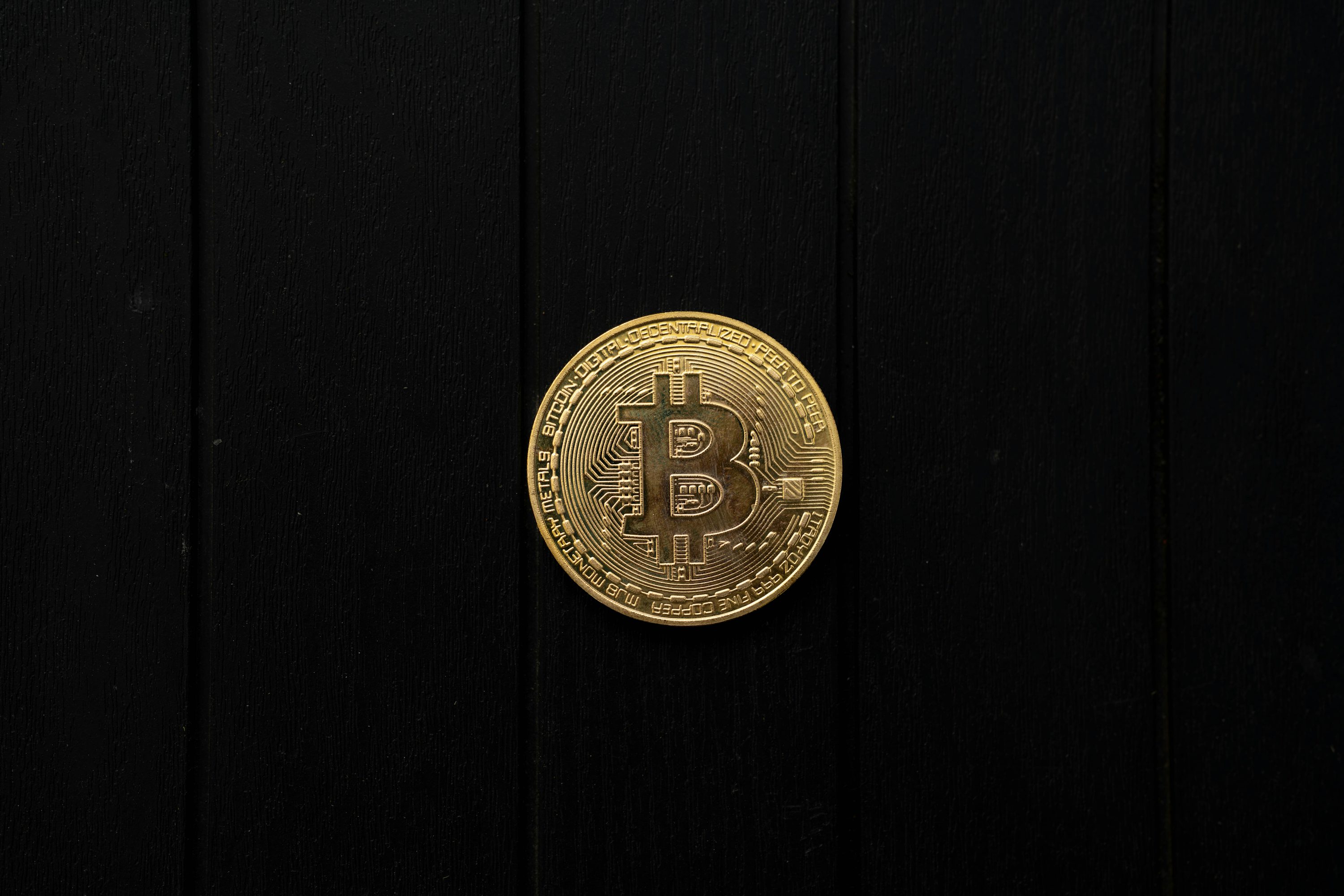
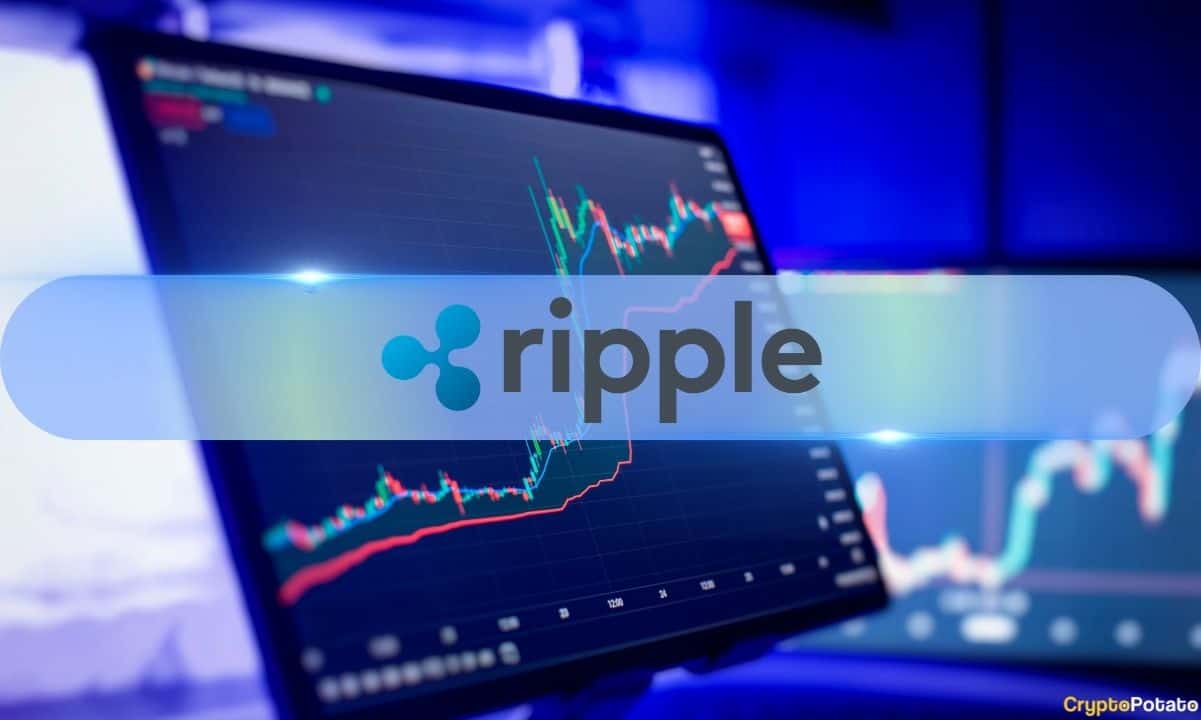



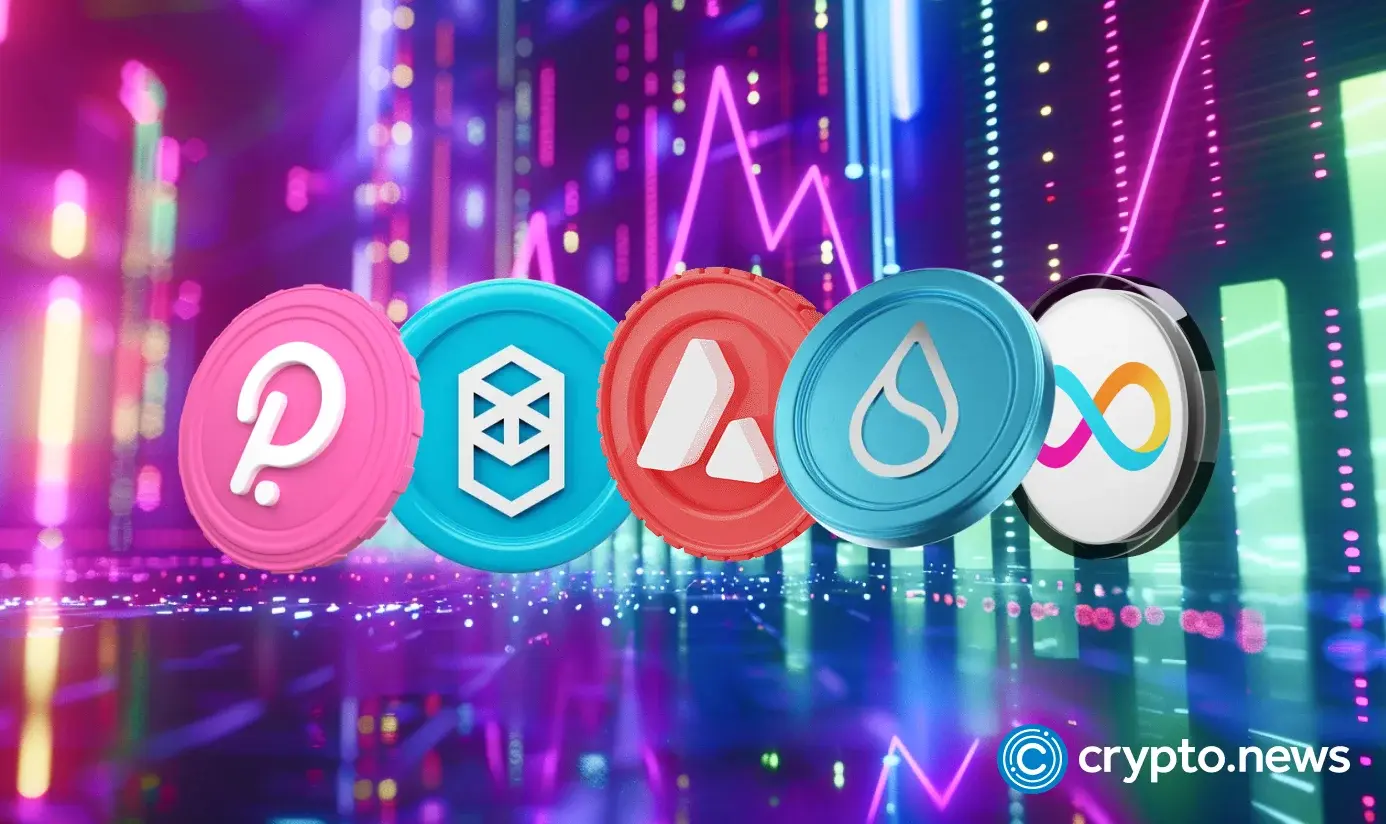



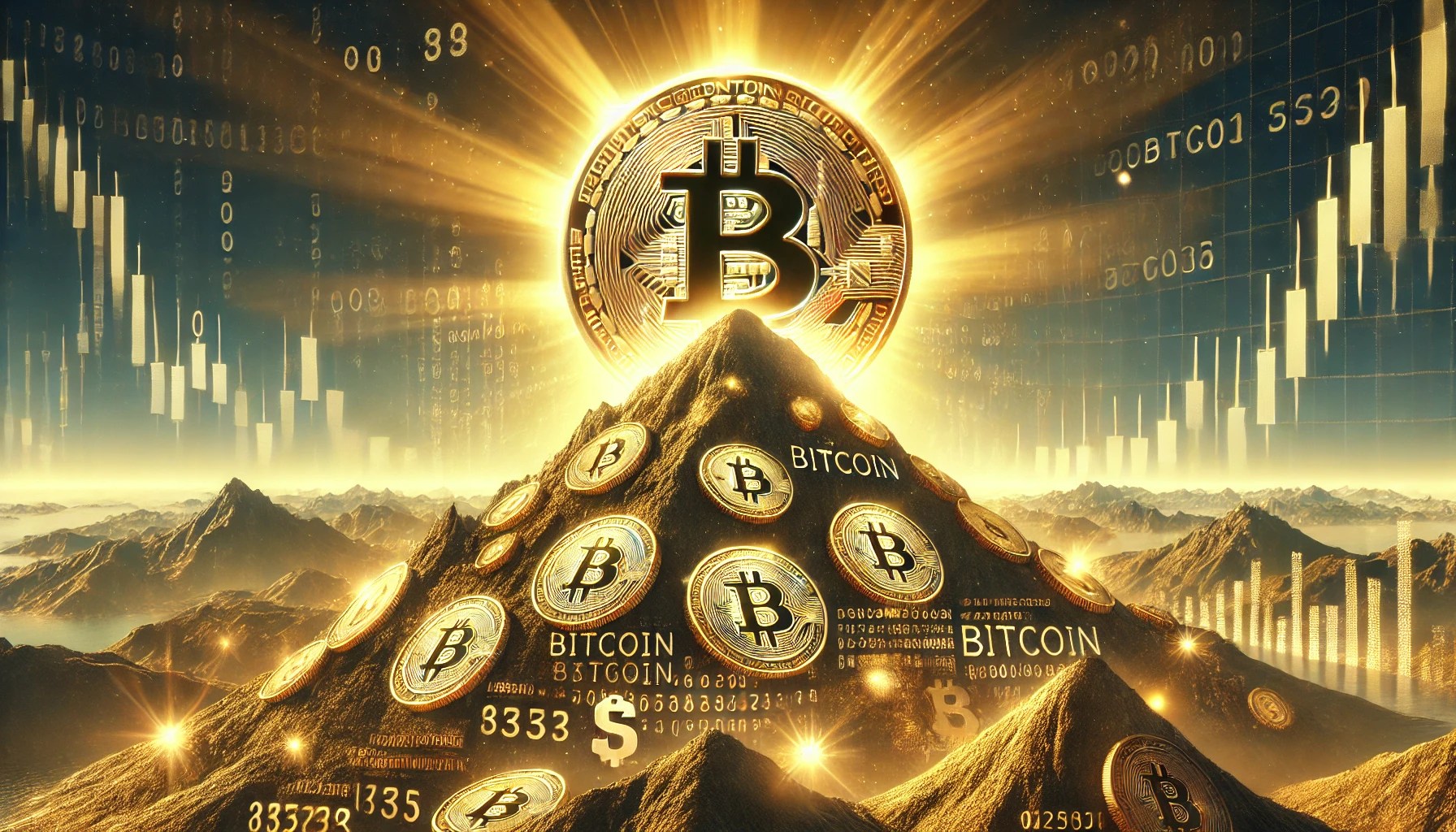
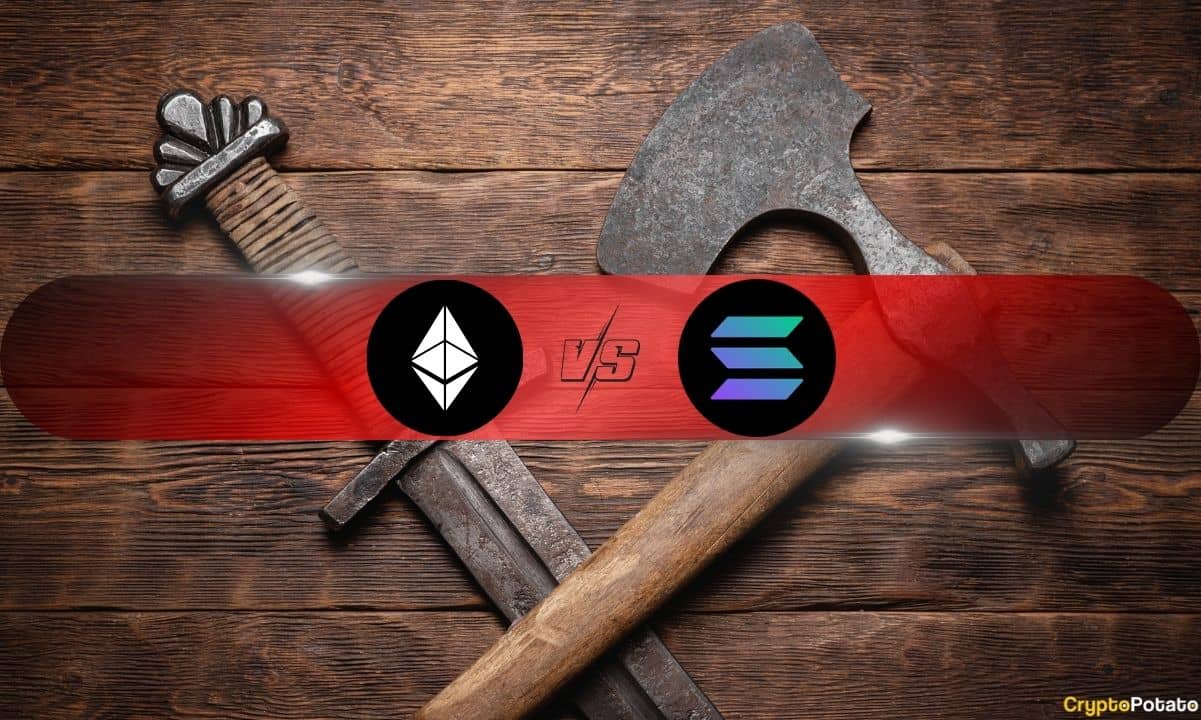

 English (US) ·
English (US) ·